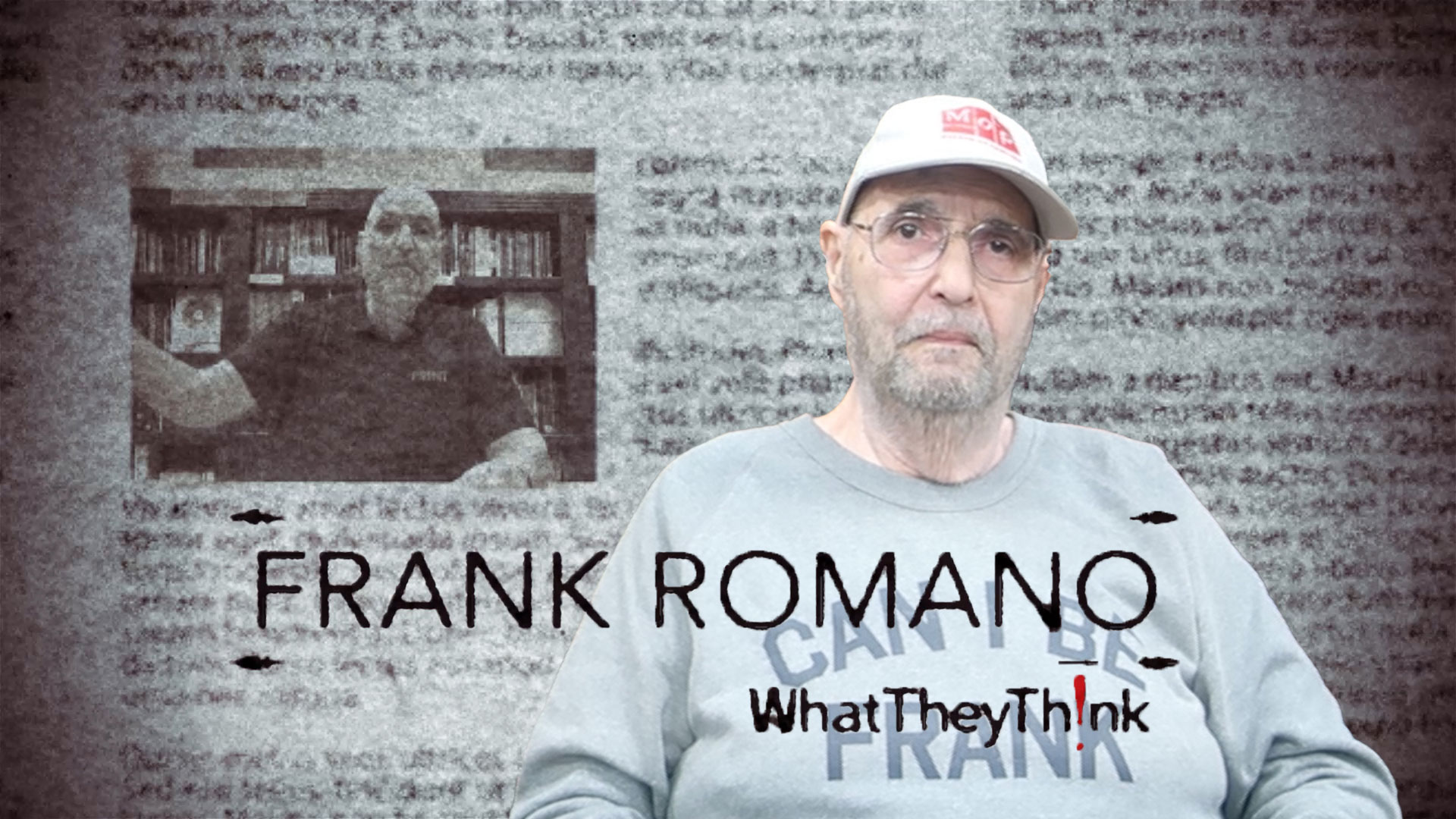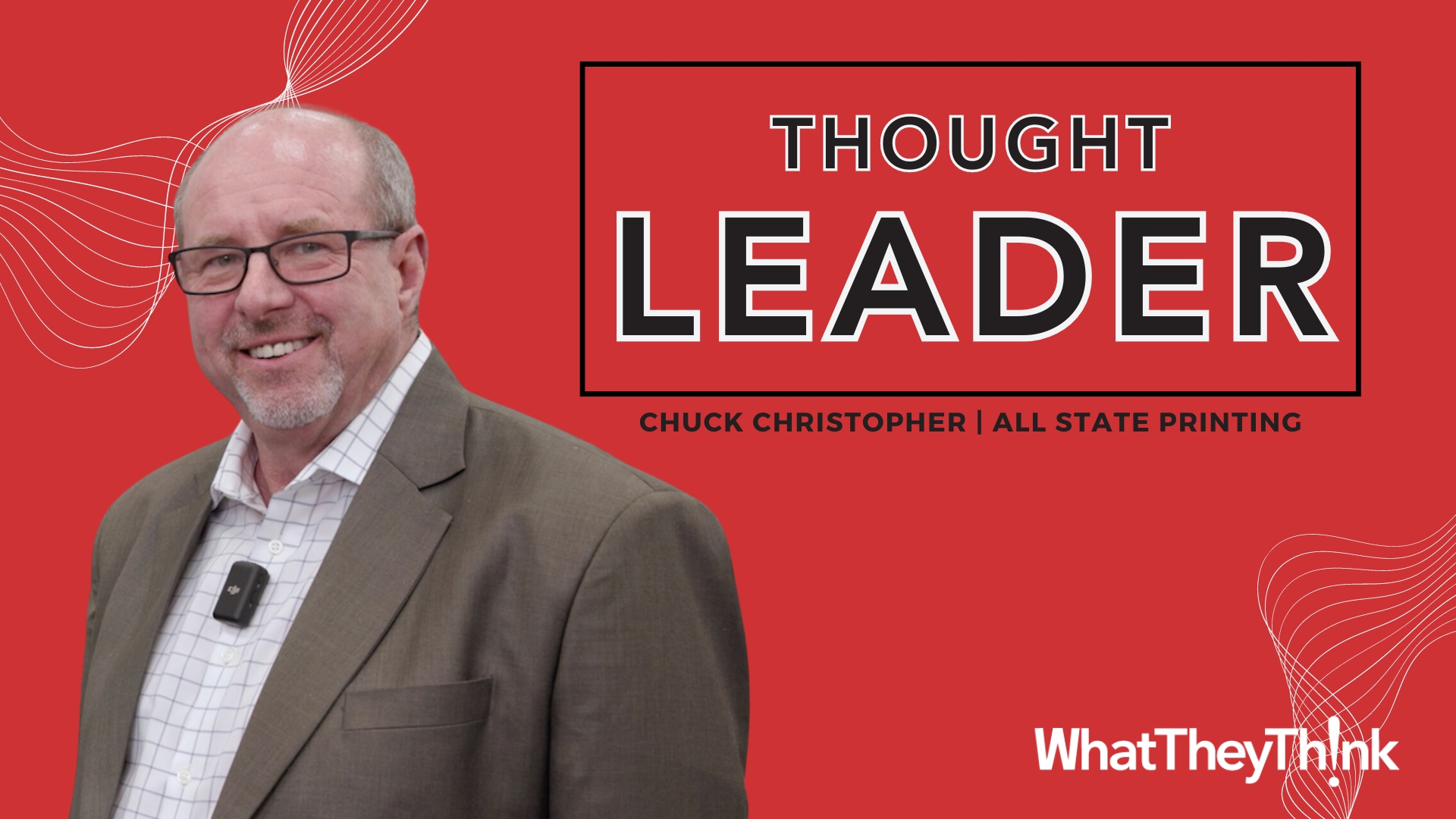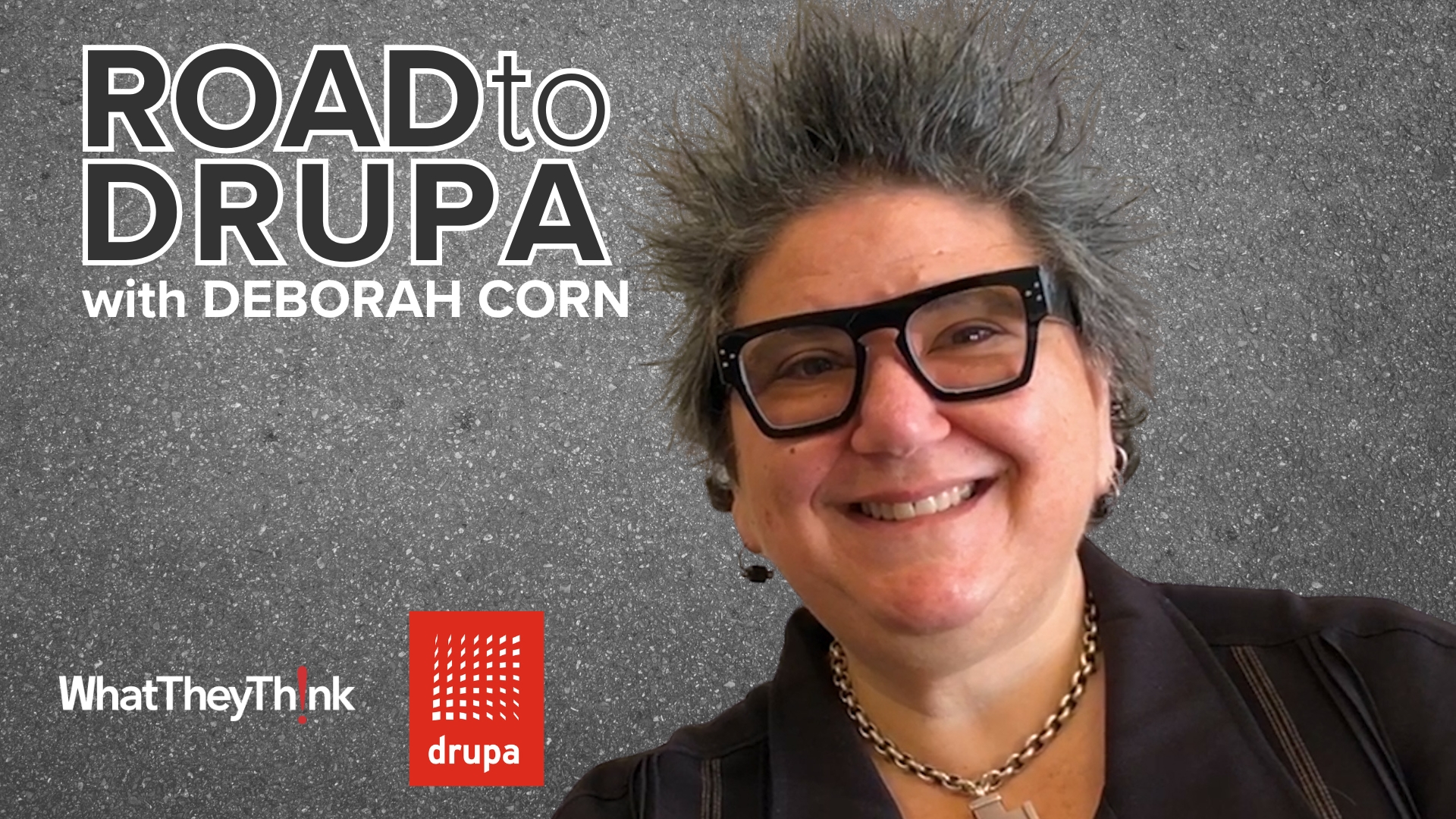Keep Me Posted Salutes Eight of Top 10 U.S. Telecoms for Following its Best Practices for Essential Communications
Press release from the issuing company
Chicago, Ill. – As part of its ongoing mission to ensure consumers are given a clear choice in how they receive essential information — on paper or digitally — and that they are not charged extra for paper bills and statements, Keep Me Posted (KMP) North America is investigating how large corporations are addressing consumer needs and expectations. Most recently, KMP looked at the billing practices of the top 10 Fortune 500 telecommunications companies to see how they align with KMP’s best practices for essential communications, which include:
- No charges or other penalties for choosing paper bills
- Prior consumer consent required before ceasing to send paper documents
- No change in paper bill frequency without prior agreement
- No difficulty to revert back to paper correspondence
- Continued access to online options.
The good news is that eight of America’s top 10 telecommunications conglomerates put their customers’ communication preferences first, do so without fees and make information on their practices easily accessible. For their approach to consumer choice, KMP awards these companies with its Best Practices mark:
AT&T
Comcast
Charter/Spectrum
T-Mobile1
Century Link
Dish Network
Cox Communications
US Cellular
In treating bills and statements as a usual and expected part of doing business, these companies transparently provide a range of paper and digital options, honor preferences, seek consent for changes and pose no barriers for customers who wish to switch between digital and paper notices. And most importantly, they charge no additional fees for either form of delivery.
Overall, the U.S. telecom industry is demonstrating true leadership when it comes to customer communication preferences, and is in all likelihood finding that giving customers the flexibility to choose paper delivery for essential account information free of charge is a sound investment in both customer retention and measurable customer service cost savings.2
Only two of the top 10 telecommunications market leaders, Verizon (new customers only) and Sprint, make e-billing the default for customers, and based on consumer feedback to KMP, make switching to paper difficult. While Verizon and Sprint fell short of best practices that make consumer communications preferences a priority, KMP does applaud them for joining their industry peers in not charging paper fees, making this consumer-friendly practice universal across top U.S. telecoms.
This is a sharp and welcome contrast to many top banks that charge punishing fees for paper bills and statements that cost them less than 70 cents.3 The U.S. financial services industry was the first sector reviewed in KMP’s investigative series. KMP will release findings on the Canadian telecommunications industry later this year, but preliminary data show Canadian telecoms to be far less consumer-friendly that their U.S. counterparts.
“As more and more companies have prioritized digital-first approaches to conducting business, consumers trapped in the digital divide are increasingly disenfranchised,” says KMP Director Phil Riebel. “Especially in these times of turmoil and uncertainty, communications options and preferences are more critical than ever. KMP believes that any changes to delivering notice of account should be at the request of the consumer. Unexpectedly disrupting paper communications and implementing difficult hurdles to resume them is unacceptable.”
1This investigation was initiated prior to the merger of T-Mobile and Sprint and is based on pre-merger data.
2A case study that tested the efficacy of paper versus electronic billing found that paper outperformed digital in securing timely payments, and the need to follow up on e-mailed invoices significantly increased customer service costs.
3Based on comprehensive feedback and analysis, KMP found that a mid-sized firm is unlikely to pay more than $0.685 to mail a bill or statement with a return envelope for payment. Furthermore, a larger institution sending only statements with no return envelope and achieving the highest efficiency discounts provided by United States Postal Service could easily pay less than $0.46 per paper notice on account.
- Inkjet driving insourcing for state in-plants
- Real World AI for the Printing Industry
- Harnessing the Power of Synergy: HP High Speed Inkjet and Indigo Liquid Toner Technologies
- KYOCERA NIXKA INKJET SYSTEMS (KNIS) INTRODUCES BELHARRA, THE NEW WAVE OF PHOTO PRINTERS
- New RISO Printing Unit Offers Easy Integration for Package Printing
- March 2024 Inkjet Installation Roundup
- Inkjet Integrator Profiles: Integrity Industrial Inkjet
- Revisiting the Samba printhead

WhatTheyThink is the official show daily media partner of drupa 2024. More info about drupa programs
© 2024 WhatTheyThink. All Rights Reserved.









Discussion
Join the discussion Sign In or Become a Member, doing so is simple and free